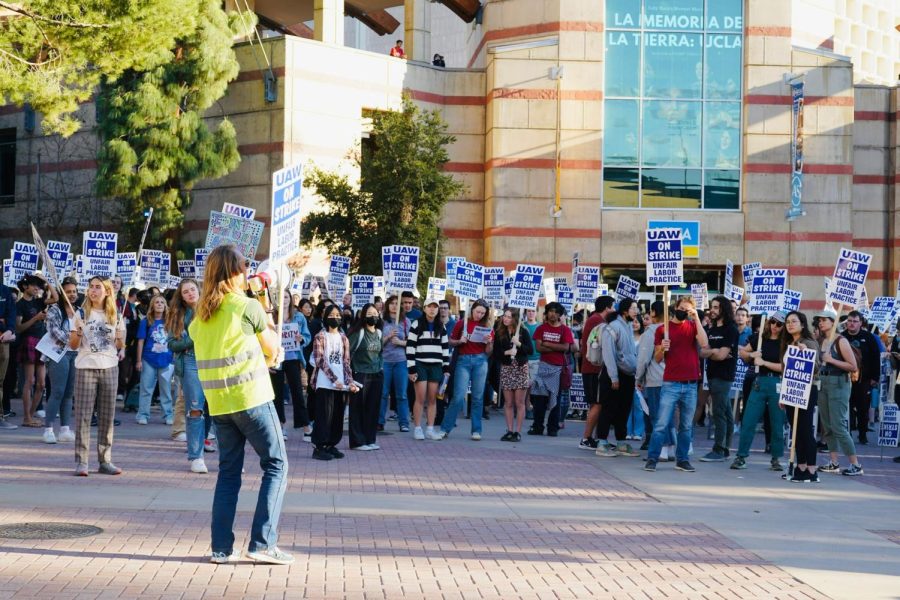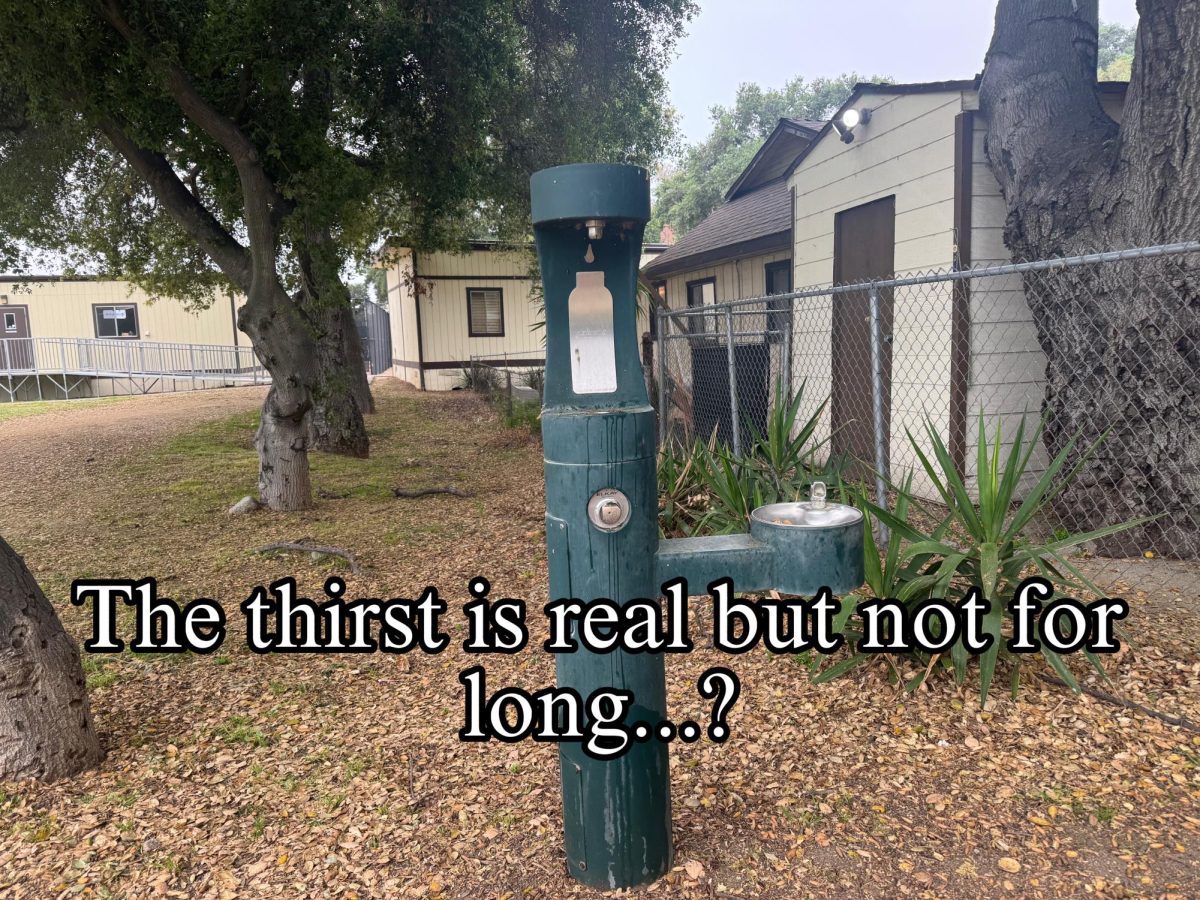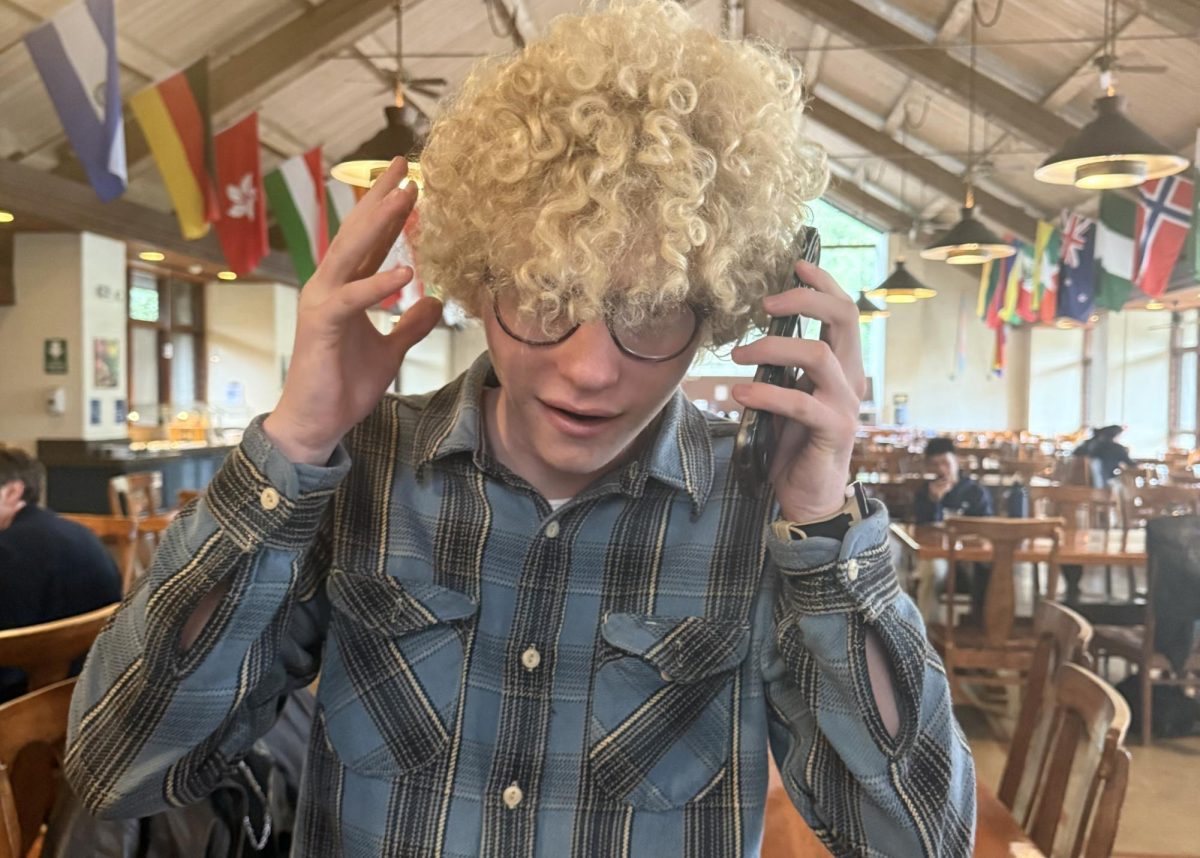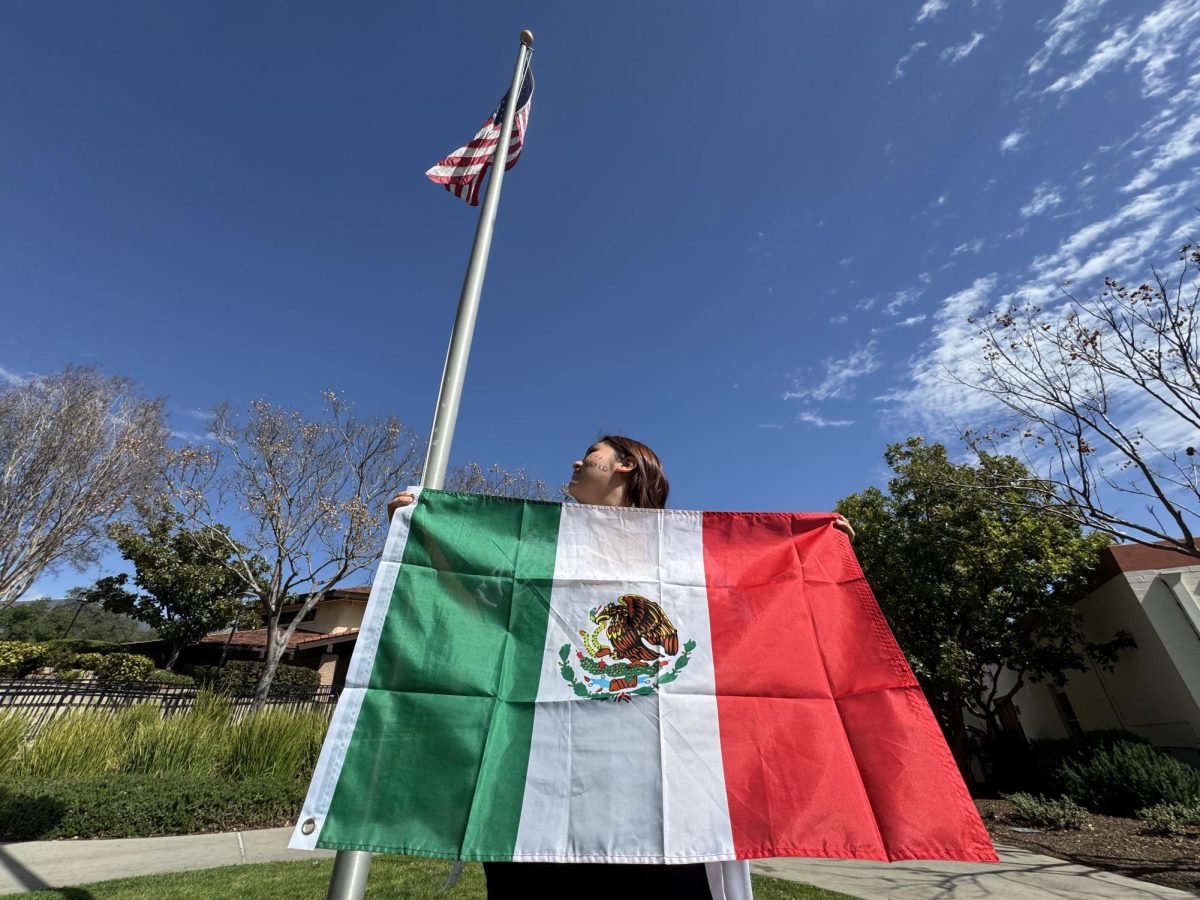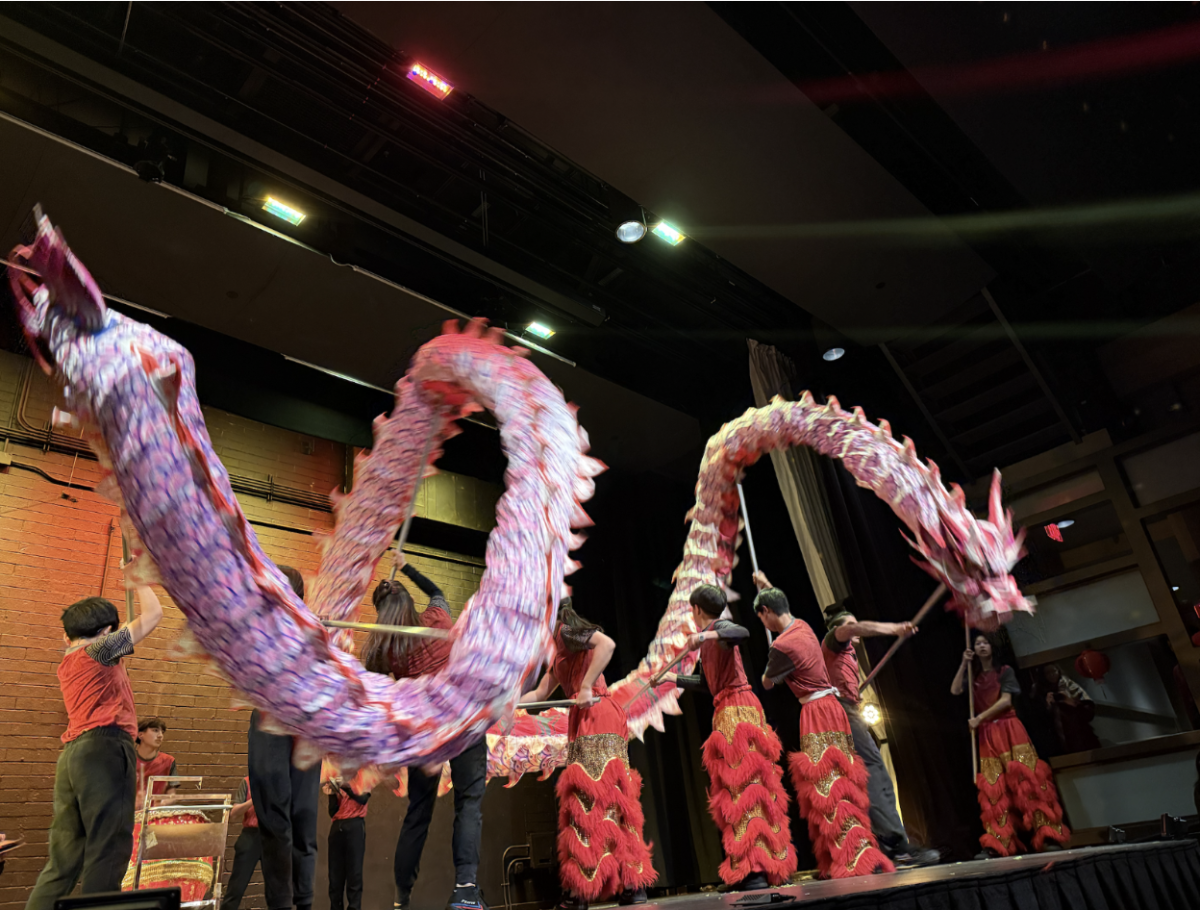“UC, UC, you can’t hide! Our strike’s going UC-wide! UC, UC, you can’t hide! We can see your greedy side! UC, UC, you’re no good! Pay your workers as you should!” chanted protestors as nearly 48,000 UC academic employees crowded together in front of the UC colleges in uproar.
On November 14th, after several failed negations between the UC system and the United Auto Workers on the issue of salary, tens of thousands of UC workers from all around the University of California system went on strike in one of the greatest nationwide strikes. The systemwide strike affected all 10 UC campuses, represented by the UAW which includes postdoctoral scholars, academic researchers, and graduate students who are in the workforce.
From assisting professors, holding office hours, and grading assignments, UAW workers do some of the most important jobs the UC universities, thus reinforcing why they should be compensated more for their contributions. Many of the UC campuses are located in expensive housing markets such as Los Angeles, the Bay Area, Santa Barbara, and Irvine, which makes the low wages even harder to handle. On an average of only $54,000 a year, the salary is not enough to compensate for the work and living costs they face as employees.
The demands of the UAW strike are summed up nicely in the slogan “No COLA, No Contract.” COLA stands for Cost-Of-Living Adjustment, ensuring that there is not only an increase in salaries but also in benefits such as healthcare or living costs to make sure that inflation is counteracted in the future. These demands were made in response to UC’s unlawful actions, such as changing terms without negotiation and paying workers wages that would not make living conditions affordable. The details for the COLA are benefits like support in public transportation and healthcare in addition to a salary of $54,000 for grad workers and $70,000 for postdoctoral researchers.
The graduate students are demanding higher minimum salaries — $54,000 for grad workers and $70,000 for postdoctoral researchers — and better benefits, including free public transit passes, childcare subsidies, dependent healthcare, and increased accessibility for disabled workers.
As the strikes persist, we can see its impact on current Webb alumni attending the UCs. Strikes are supposed to be disruptive in order to reach the goal of fair wages — and as a result have interrupted facets of academic life that require teacher’s support such as students’ finals, grades, and classes. Many teachers have also returned to zoom classes for solidarity and accessibility who feel uncomfortable crossing the picket line.
“Because of the strikes, all my classes were either cancelled or moved online,” said Bianca Arteaga (‘22), a recent Webb alumni’s studying at UC Davis. “My professors would post the lectures online instead of having them in person. For my Spanish class, we stopped assignments completely because my professor is a graduate student and on strike.”
“I didn’t really get a lot of help because the GSIs (Graduate Student Instructors) are on strike, so it felt a lot like self-learning,” said Josie Chow (‘22), a UC Berkeley student and Webb alumni. “I think for a lot of people, it definitely impacted our grades.”
According to a survey conducted by the UC Faculty Association, an estimated 33,000 grades will not be submitted this semester, largely due to the current UC strike.
The UC strikes are mainly a result of issues that have been mounting for several years in higher education. The strike, which is predicted to be the biggest organized labor action in the nation in 2022, shows the UAW’s capacity to change employee benefits in a way that will benefit not only benefit UAW but underpaid employers nationwide. As of now, everything is currently open-ended until a form of compensation is provided, but many parties wish for the strikes to be over as fast as possible, whether it be for student life to go back to normal or proper compensation being provided. Up until then, the strike is most likely to continue.


